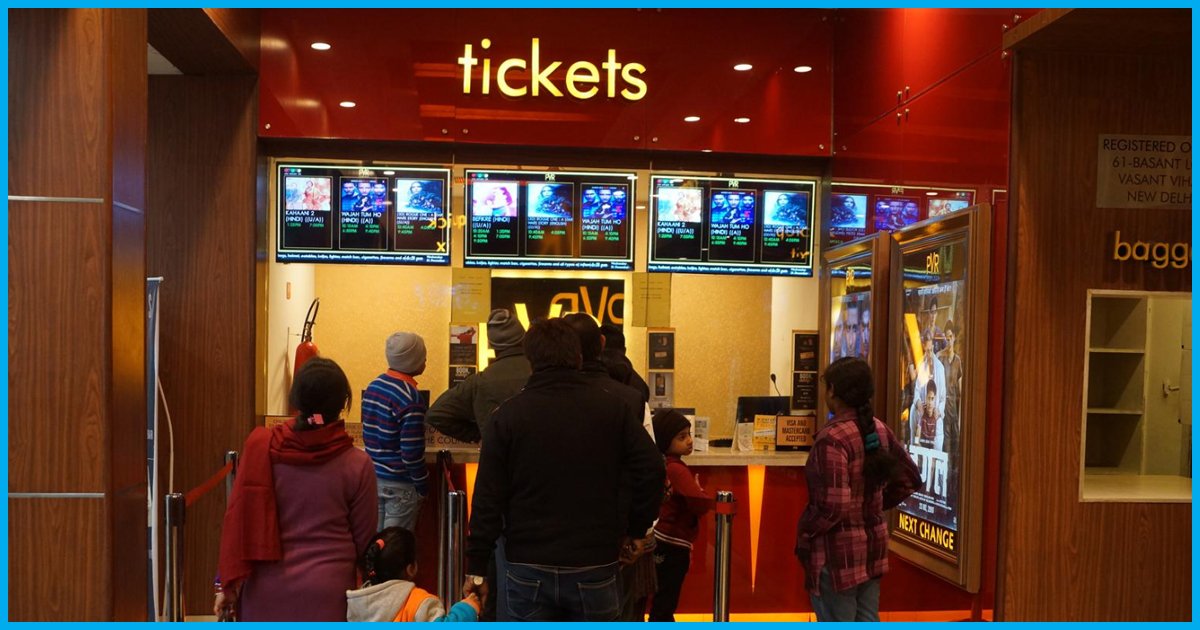
Taxes That Still Exist After The Goods And Services Tax (GST)
5 July 2017 12:43 PM GMT
Editor : Pooja Chaudhuri
The only fiction I enjoy is in books and movies.
Around 1,100 theatres across Tamil Nadu have been on an indefinite strike since July 3. They are protesting against the 30% entertainment tax imposed over and above the 28% Goods and Services Tax (GST) on tickets costing more than Rs 100, and 18% for tickets costing less than Rs 100.
The government had promoted GST as ‘One Nation One Tax’ – a regime which will subsume all taxes. Then why was an additional 30% entertainment tax levied on Tamil Nadu theatres?
Partner and leader at PwC, Pratik Jain, said, “local bodies are free to levy their charges and there is no cap on the quantum of additional levy,” reported The Quint.
While movie-goers were relieved because the GST capped tax for tickets at 28%, they failed to realise that states still had the power to impose additional entertainment tax – which can range from zero to 110%. Furthermore, it is likely that TV services – cable and Direct To Home (DTH) – will also be charged additional taxes over and above the GST. This will pose immense burden even though GST is capped at 18% from the earlier 25-45%.
There are now two sets of taxes; one paid under GST and the other paid to local bodies.
As Tamil Nadu has imposed 30% entertainment tax, other states might follow suit. Similar to this, there are a range of indirect taxes that will continue in the GST regime. These are:
- Stamp duty
- Electricity cess
- Property tax
- Road tax
- Toll tax
- Extra excise duty on tobacco products
- Entry fee at municipal corporation border
After the GST roll-out on July 1, as many as 22 states abolished border commercial tax check posts. This means that commercial vehicles like goods trucks will not have to pay taxes each time they move in or outside a state. However, due to the continuance of entry fee at municipal corporation border, they will continue to pay an additional tax each time it enters such a boundary.
 All section
All section













